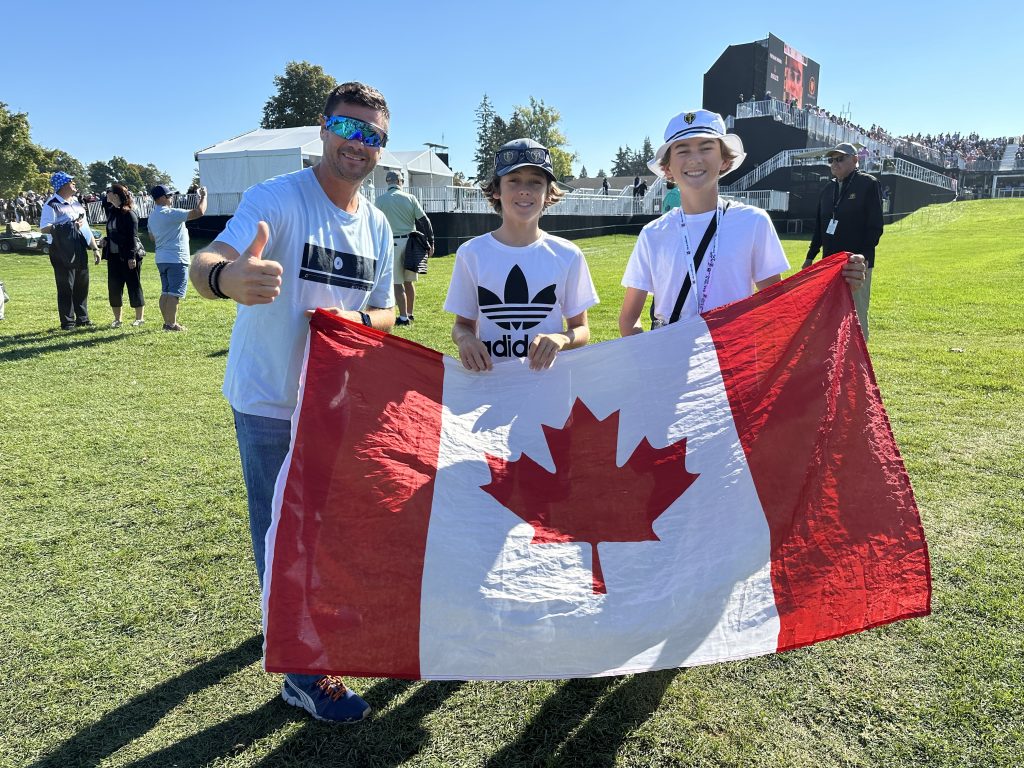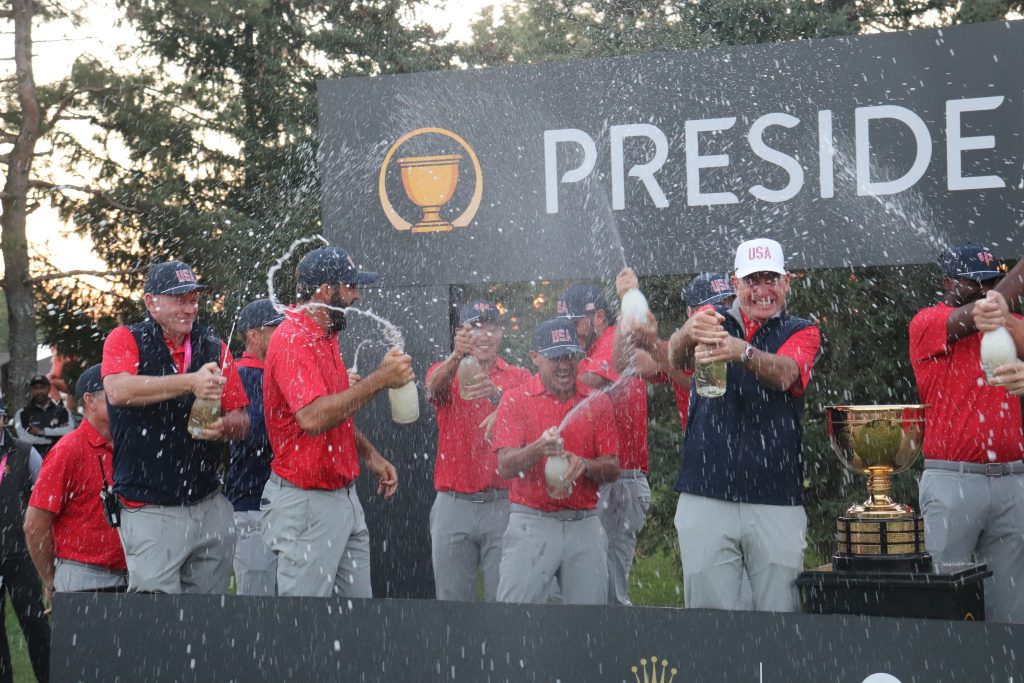Montreal 2022: Q&A with Mayor Valérie Plante
Posted December 26, 2022 11:47 am.
Last Updated December 26, 2022 6:49 pm.
A lot happened in Montreal throughout 2022. Most recently COP15 and the death of eight-year-old Mariia Legenkovska from Ukraine have been the main focus of the media.
During 2022, Montrealers also saw protests, a provincial election, the return of F1, and other stories that impacted the city throughout the year.
CityNews sat down with Montreal Mayor Valérie Plante to discuss public health, gun violence and some of the major stories that impacted the city and its residents throughout the year.
Another eventful year in the city. How would you describe it and the issues you prioritize most?
Everything regarding public safety was very important for us to show Montrealers that we take that matter really seriously. But yes, working with the police officers, but also working on the prevention side of things and addressing the systemic reasons why there is more gunfire in Montreal.
So that was a big issue for us and as well, working on the environment. And I have to say concluding this year with the success of the COP15 is fantastic because biodiversity is so important to all Montrealers.
On the topic of COP15, what was the impact on the city, but even the world?
Well, for Montreal, it definitely sends a strong message that we need to do more. It’s by creating more parks and protecting every greenspace we have on the island. But also because it’s been negotiated between countries, it will help us to get more financial resources to do more.
So I find it very, very grounded. And also it sends a strong message around the world and especially for the generations to come, that we care and will do everything we can to protect the planet.
RELATED: Montreal to expand Mount Royal Park
You spoke of public security, gun violence in the city. On that topic, it was another difficult year. What would you say your message is to Montrealers to reassure them that 2023 can be better?
Well, what I can tell Montrealers is that we’re putting in place all the pieces to make sure that we can assure security for all Montrealers, for example, hiring the new chief of police, Mr. Dagher. That was very important for us and was a great process where we did consult Montrealers about what they envisioned, and what they wanted to see in the police chief.
So that’s great. But also putting more resources, like I would say, to have to hire to make sure that the police officers feel supported. But working on prevention, because we feel that it is very important to massively support whatever community organization and also the image squad, which make sure that sometimes instead of calling the police for a different reason, that might be more of a mental health or drug issues, then you can call like a social worker.
So for us, this is the right approach. It has to be a balanced approach.
RELATED: SPVM: Gun violence down in Montreal, murders committed with firearms up
Public health says we’re learning to live with the COVID-19 virus. How would you say Montreal is doing exactly that, and how would you say the downtown core can bounce back to become what it once was?
This is a very good question because it’s true. We feel like COVID is behind us, but I think it’s just now we live with it. And it did have a huge effect on the downtown core, but also, I would say around the homeless communities as well.
It’s been growing more important. So precarity has been part of our new day-to-day reality in Montreal. As for the downtown core, we decided to inject massively too, for example, to make downtown Montreal greener in North America.
Because we know that if we want to attract businesses and tourists and students as well, there has to be a plus value to coming to downtown Montreal. And so this is what we’re working on and also supporting business owners and mom-and-pop shops with keeping the taxes not too high this year.
RELATED: Quebec COVID hospitalizations jump by 50 patients, over 3,700 health workers out sick
After the death of eight-year-old Mariia Legenkovska from Ukraine, fatally struck on a Montreal street, what will pedestrian safety look like going forward?
That was devastating for everybody. And I think it gives kind of an electroshock to the entire province because a lot of pedestrians here in Montreal elsewhere don’t feel as safe. And to me, this is a huge problem.
So when we took office in 2017, we put a lot of resources into securing schools. For example, now we have more than 100 schools being better secured with speed bumps, radar stop signs, different things to make sure that it’s safer.
But of course, there are so many intersections in Montreal, so we need to work even harder because we don’t want anyone, especially our elders and our kids, not to feel safe as they go to school or go to the grocery store.
So we need to do more and we will do more. And I definitely invite car drivers to also have this realization that they are part of the solution. They have to know it’s OK if you’re late for a meeting.
It doesn’t matter because you might be saving a life.
RELATED: Funeral for Ukrainian girl killed in hit-and-run held today in Montreal
What do you want 2023 to be focused on?
I think the things we just talked about to me will be my priority. Again, public security and safety as a whole, including for the most vulnerable on our streets and sidewalks.
And I will continue to work on climate change, because people in Montreal expect me to continue to be bold and put my political will behind big ways to protect the environment on the island of Montreal.



